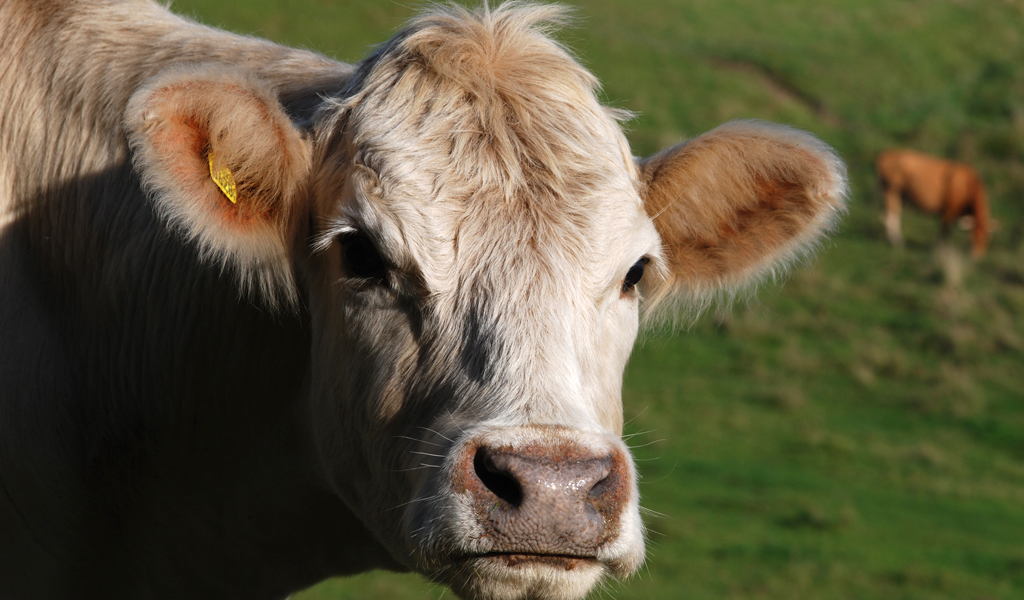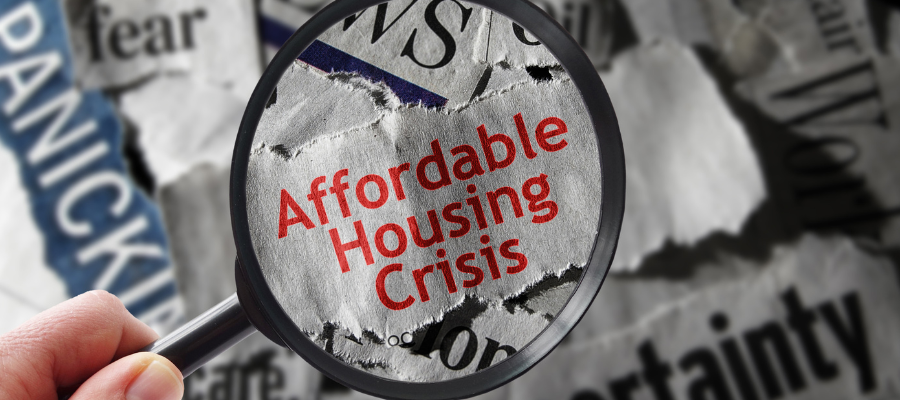Why not put some Metro Vancouver property transfer tax into infrastructure?

When it comes to revenue for the provincial government from property taxes in British Columbia, Metro Vancouver is such a cash cow we should be able to hear it say “moo.”
The province gets revenue from property from two sources: the BC school tax and the property transfer tax.
On Saturday, February 13 the Vancouver Sun carried an article on earnings from the property transfer tax. The information came from the response to an FOI request I had submitted in December that was published on the government’s open information web site. I had not had a chance to analyse the data yet but the Sun’s Gordon Hoekstra did a good job presenting the information and kudos to him for it.
Among other things Hoekstra points out:
The $266.5 million collected in the City of Vancouver in the property transfer taxes from 16,635 transactions in the 2014-2015 fiscal year ending in March 31 shows how Metro Vancouver’s overheated market is increasing this tax revenue for the B.C. government.
The remaining top-five sources of property transfer tax revenues were: Surrey ($100.8 million) Richmond ($75.7 million), Burnaby ($56.7 million) and West Vancouver ($51.2 million).
The top five municipalities accounted for $551 million in property tax transfers in 2014-15, more than half the total.
The Sun reports provincial revenues from the property transfer tax have gone up by 23 per cent between 2012-13 and 2014-15.
These numbers are interesting but they get even more interesting if we start to look at them on a per capita basis. In 2014-15 the province collected $1.151 billion from the tax. With an estimated population of 4,085,623 that comes to an average of $281 in property transfer taxes for every man, woman and child in the province. However, there is a big difference between payments in Metro Vancouver and payments in the rest of the province. In Metro property transfer taxes come to an average of $306 per person. Outside of Metro the average is $245. That difference – $61 per person, means that roughly $148 million extra is taken out of Metro every year.
Keep in mind the property transfer tax is just half the issue. People in Metro Vancouver are also the most likely to have lost the education property tax grant as the province reduces the number of properties that are eligible.
Also keep in mind that the Budget amendments this week increasing the property transfer tax on high value homes will almost exclusively hit the lower mainland.
There are significant issues about using the property transfer tax as a cash cow but there is another way to look at it. What if that additional $148 million annually were returned to Metro to pay for needed infrastructure in one of the country’s largest and most complex urban neighbourhoods? Over ten years it would come to nearly $1.5 billion, more than enough to pay the municipal share of one or more transportation or sewage projects.
That being said, I would also have no problem with the suggestion Marc Lee put forward on Wednesday that the money be used for affordable housing.
That would require a change in attitude from Victoria and a little bit less emphasis on milking the cow.
Response_Package_FIN-2015-54167
Topics: Municipalities, Taxes

